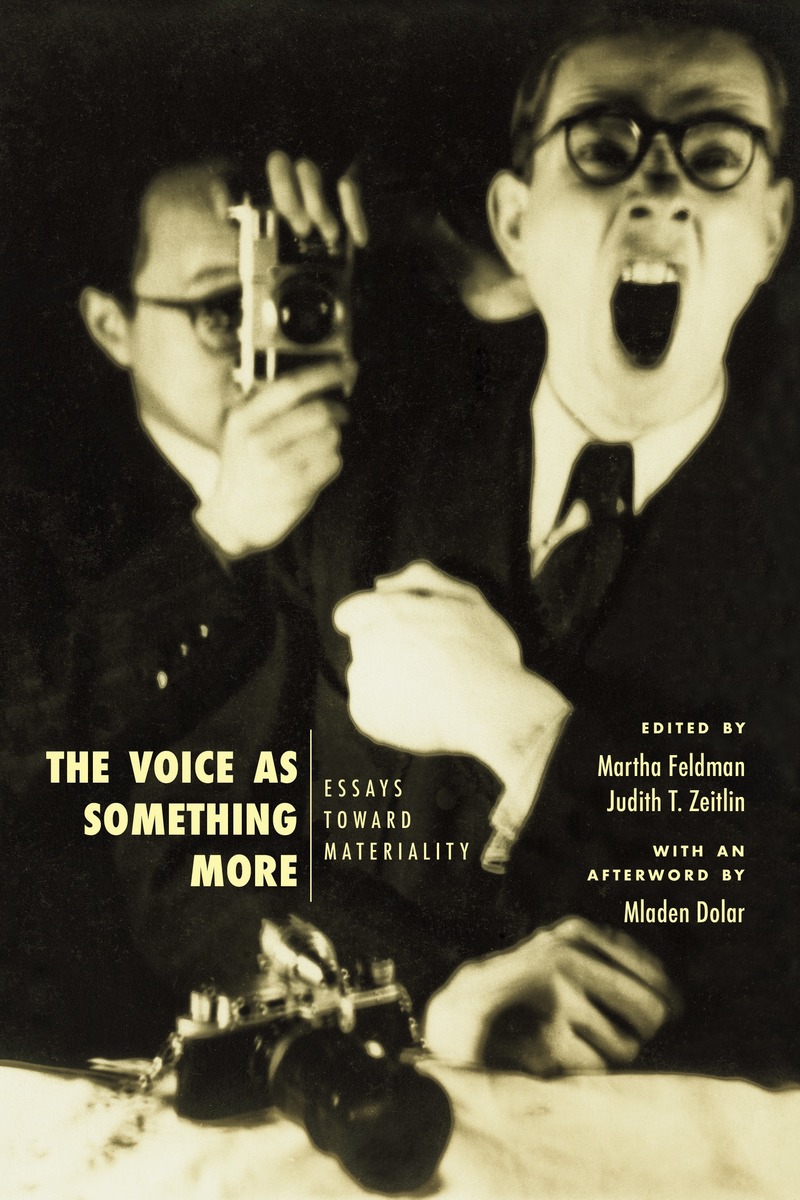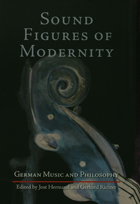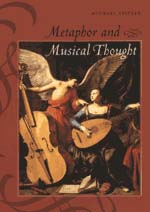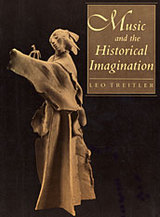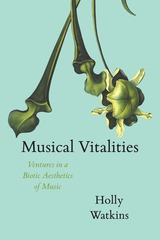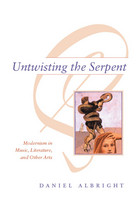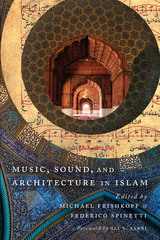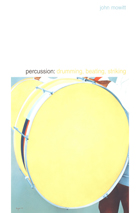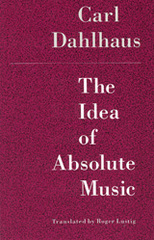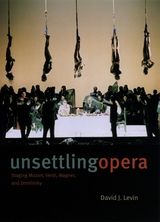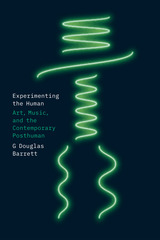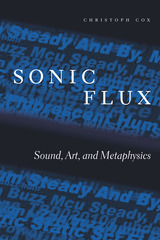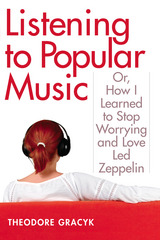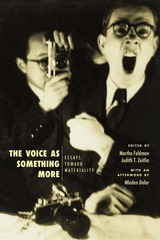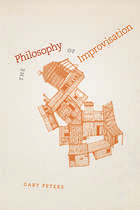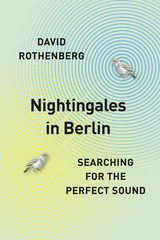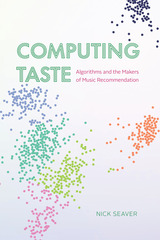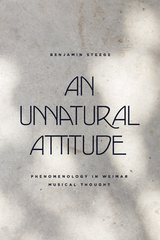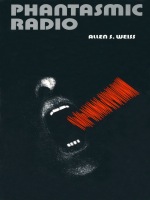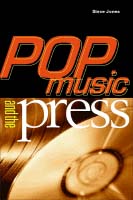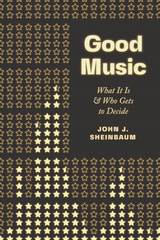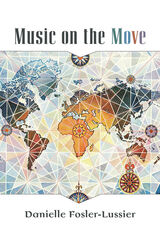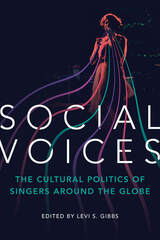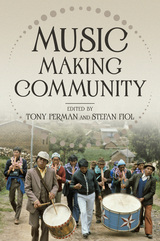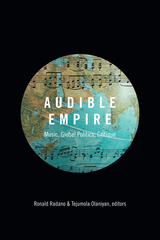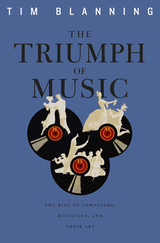The Voice as Something More: Essays toward Materiality
University of Chicago Press, 2019
Cloth: 978-0-226-65639-7 | Paper: 978-0-226-64717-3 | eISBN: 978-0-226-65642-7
Library of Congress Classification ML3877.I68 2015
Dewey Decimal Classification 783
Cloth: 978-0-226-65639-7 | Paper: 978-0-226-64717-3 | eISBN: 978-0-226-65642-7
Library of Congress Classification ML3877.I68 2015
Dewey Decimal Classification 783
ABOUT THIS BOOK | AUTHOR BIOGRAPHY | REVIEWS | TOC | REQUEST ACCESSIBLE FILE
ABOUT THIS BOOK
In the contemporary world, voices are caught up in fundamentally different realms of discourse, practice, and culture: between sounding and nonsounding, material and nonmaterial, literal and metaphorical. In The Voice as Something More, Martha Feldman and Judith T. Zeitlin tackle these paradoxes with a bold and rigorous collection of essays that look at voice as both object of desire and material object.
Using Mladen Dolar’s influential A Voice and Nothing More as a reference point, The Voice as Something More reorients Dolar’s psychoanalytic analysis around the material dimensions of voices—their physicality and timbre, the fleshiness of their mechanisms, the veils that hide them, and the devices that enhance and distort them. Throughout, the essays put the body back in voice. Ending with a new essay by Dolar that offers reflections on these vocal aesthetics and paradoxes, this authoritative, multidisciplinary collection, ranging from Europe and the Americas to East Asia, from classics and music to film and literature, will serve as an essential entry point for scholars and students who are thinking toward materiality.
Using Mladen Dolar’s influential A Voice and Nothing More as a reference point, The Voice as Something More reorients Dolar’s psychoanalytic analysis around the material dimensions of voices—their physicality and timbre, the fleshiness of their mechanisms, the veils that hide them, and the devices that enhance and distort them. Throughout, the essays put the body back in voice. Ending with a new essay by Dolar that offers reflections on these vocal aesthetics and paradoxes, this authoritative, multidisciplinary collection, ranging from Europe and the Americas to East Asia, from classics and music to film and literature, will serve as an essential entry point for scholars and students who are thinking toward materiality.
See other books on: Dolar, Mladen | Feldman, Martha | Philosophy and aesthetics | Singing | Voice
See other titles from University of Chicago Press
